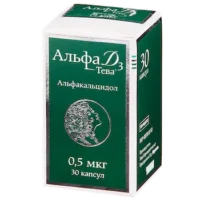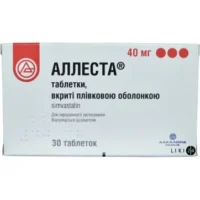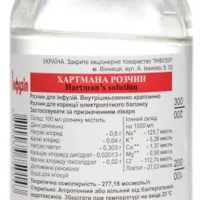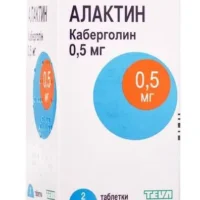Description
Omeprazol (Omeprazole) Capsules 0.02 g №10
Ingredients
- Active ingredient: Omeprazole 0.02 g per capsule.
Dosage
- Dosage: The usual dose is 20 mg once daily before a meal.
Indications
- Indications: Omeprazol capsules are indicated for the treatment of gastroesophageal reflux disease (GERD), ulcers, and other conditions caused by excess stomach acid.
Contraindications
- Contraindications: Do not use Omeprazol if you are allergic to omeprazole or similar medications. Consult your doctor before use if you have liver disease.
Directions
- Directions: Swallow the capsule whole with water. Do not crush or chew the capsule. Follow the instructions provided by your healthcare provider.
Scientific Evidence
- Omeprazole, the active ingredient in Omeprazol capsules, is a proton pump inhibitor that works by reducing the production of stomach acid.
- Studies have shown that omeprazole is effective in treating various acid-related disorders, including GERD and peptic ulcers.
Pharmacological Effects
- Omeprazole works by irreversibly inhibiting the H+/K+ ATPase enzyme system in the gastric parietal cells, thus reducing the secretion of gastric acid.
- This leads to a decrease in acidity in the stomach, providing relief from acid-related symptoms.
Clinical Trials and Comparative Effectiveness
- Clinical trials have demonstrated the efficacy of omeprazole in treating acid-related disorders.
- In comparative studies, omeprazole has shown similar effectiveness to other proton pump inhibitors but with a favorable safety profile.
Additional Information
- It is important to take Omeprazol capsules as prescribed by your healthcare provider to achieve the best results.
- Inform your doctor about any other medications you are taking to avoid potential drug interactions.





